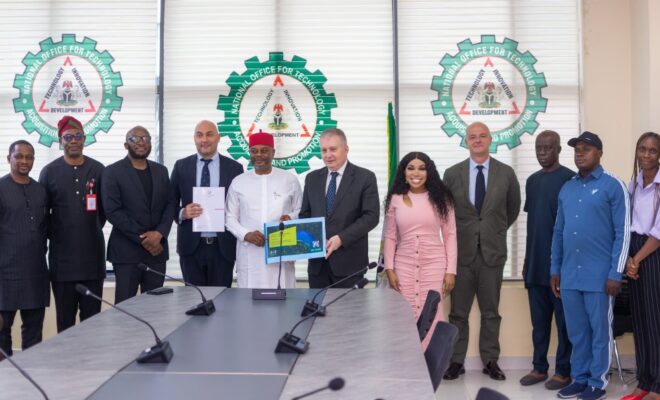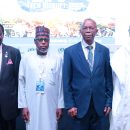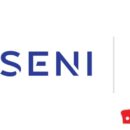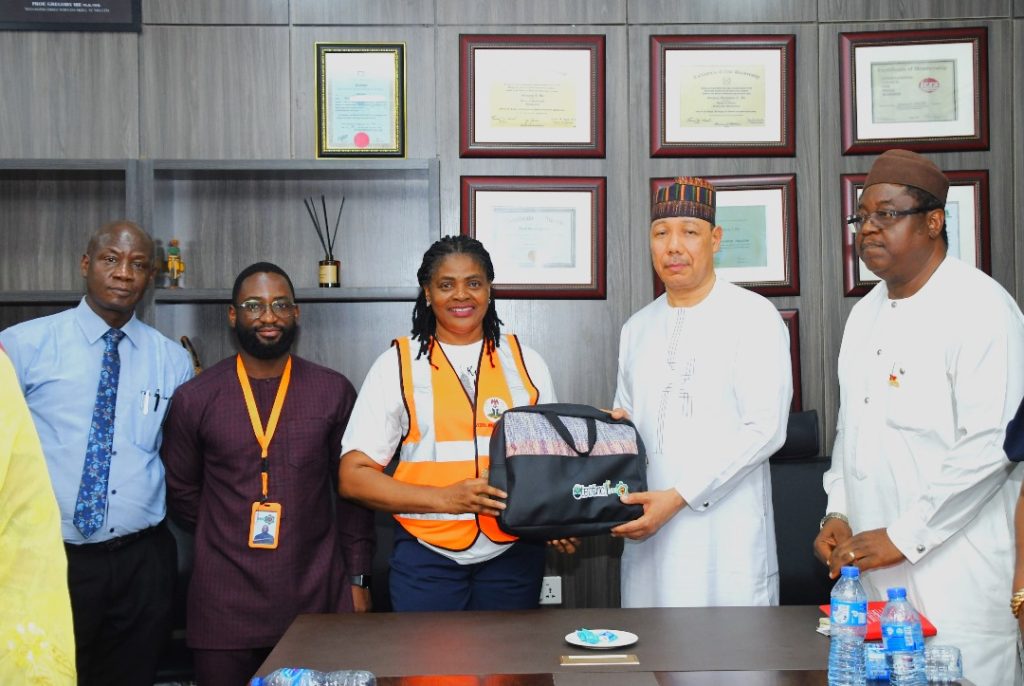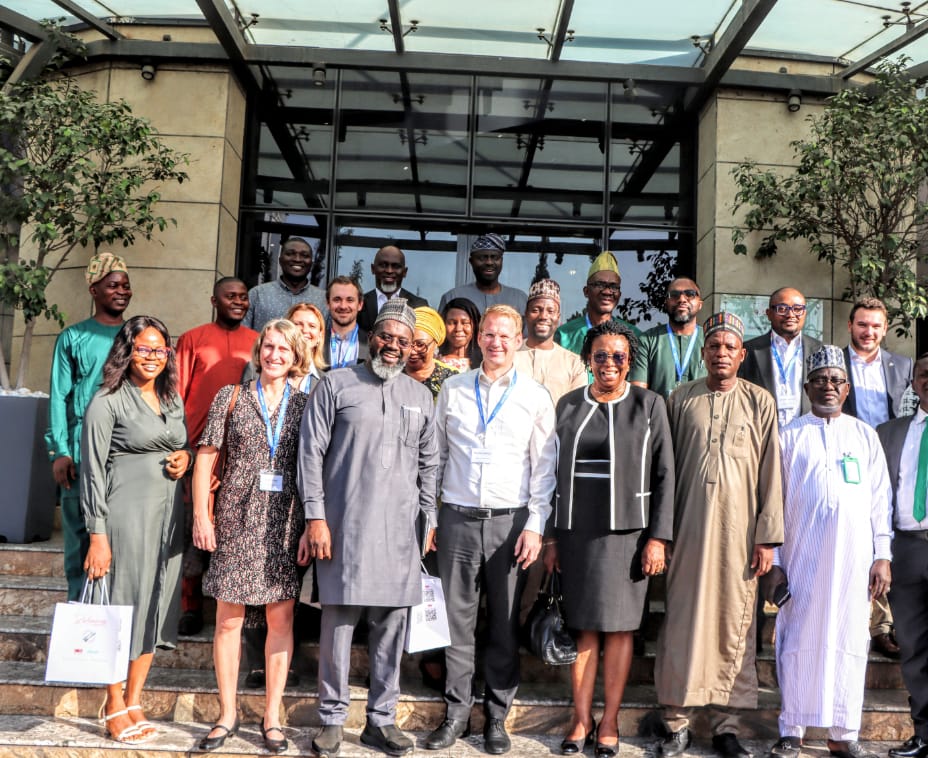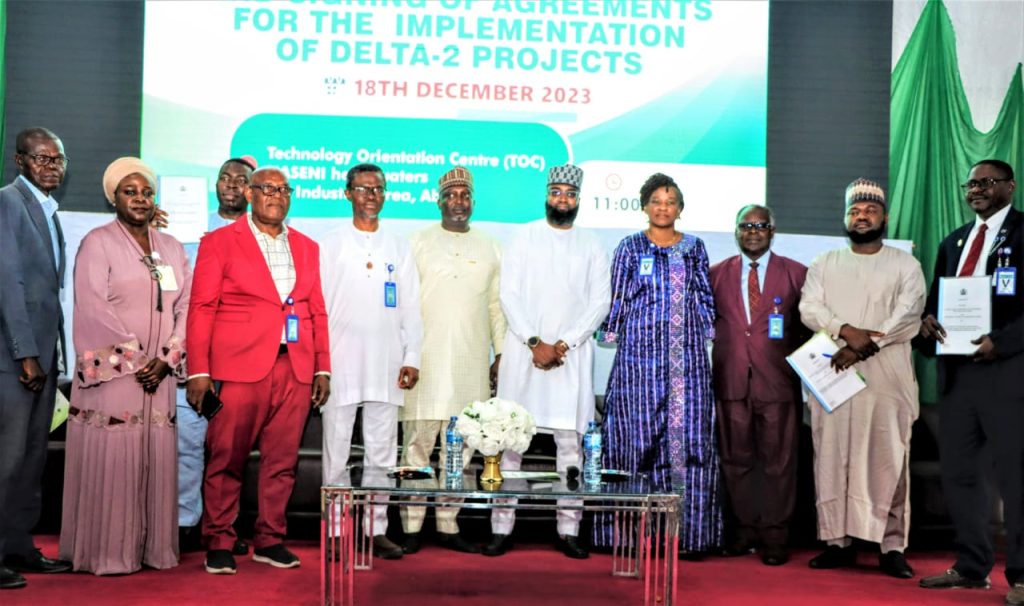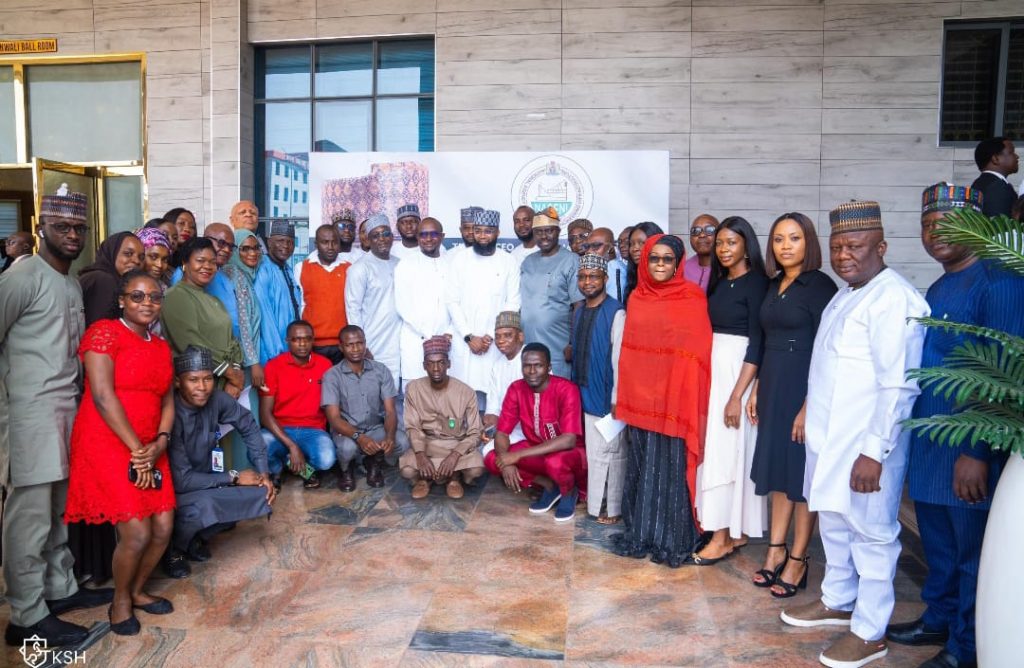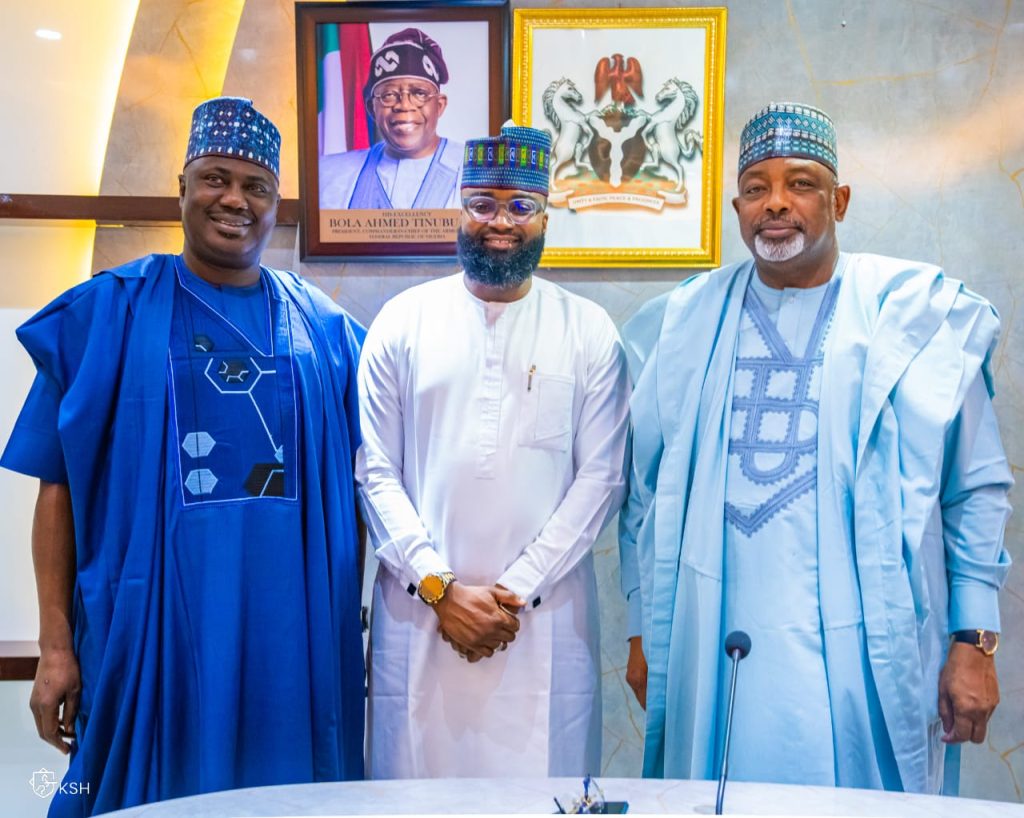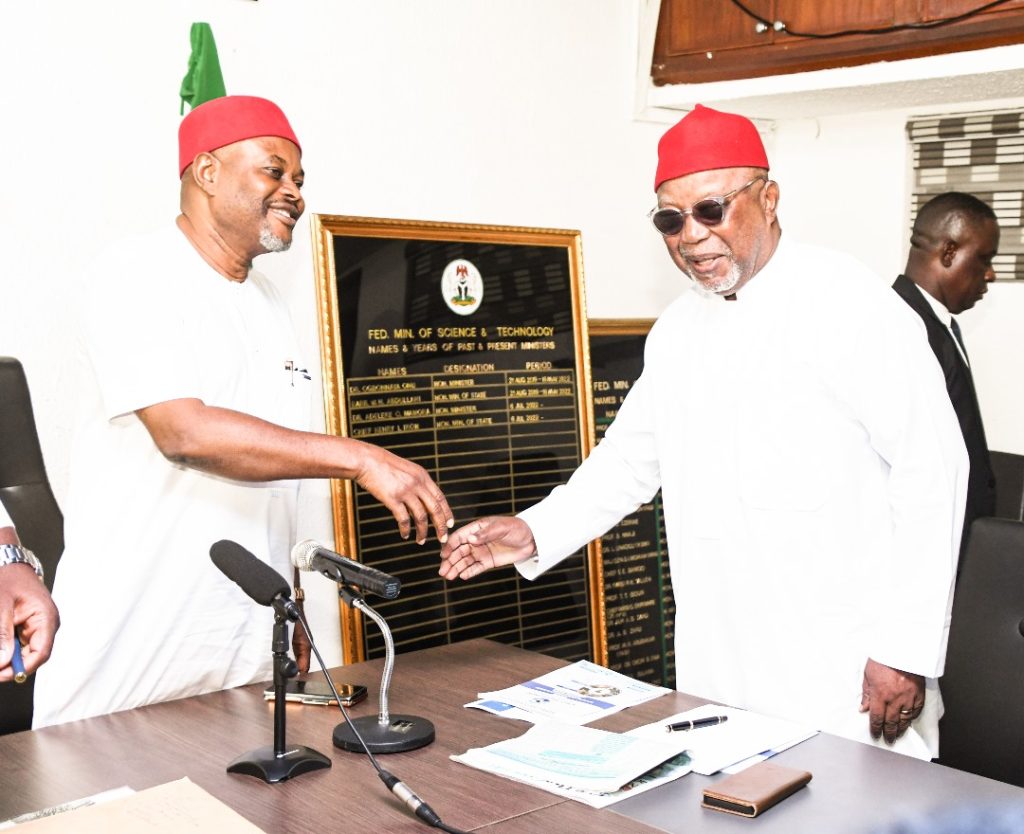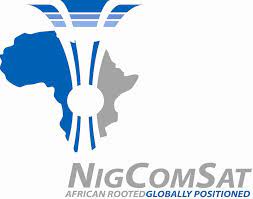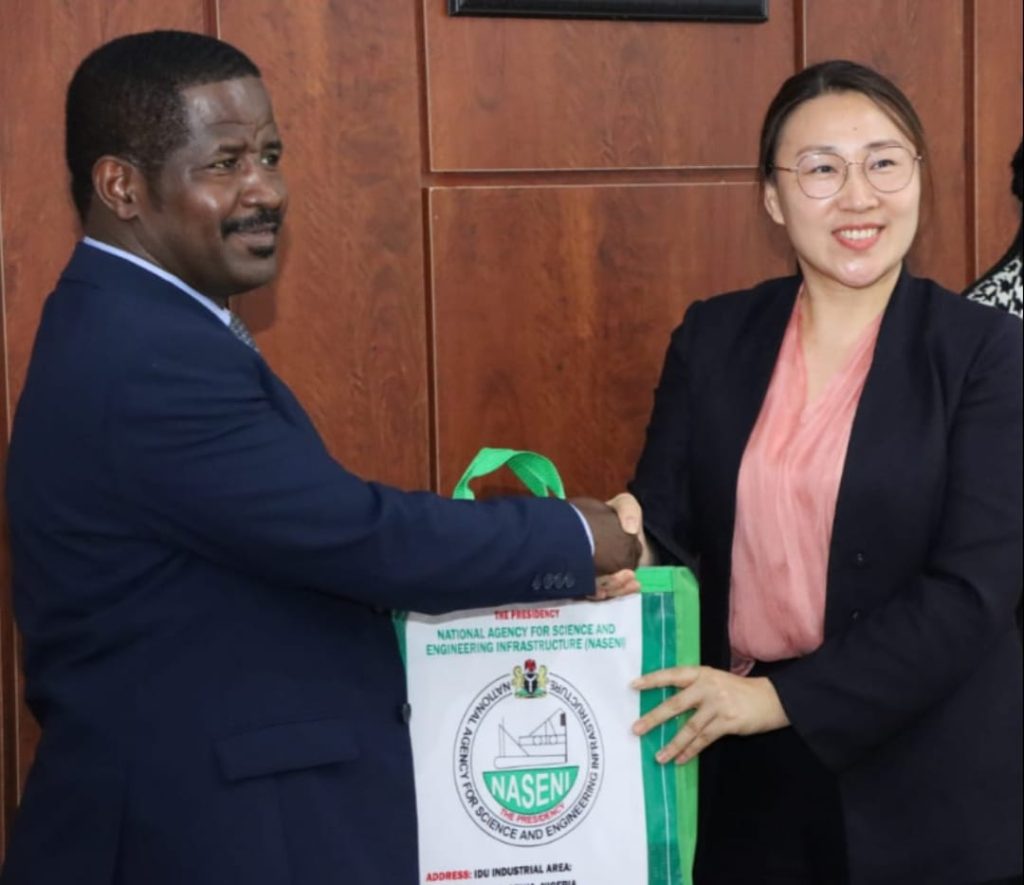MADE IN NIGERIA: The Only Way to Shore Up the Naira.
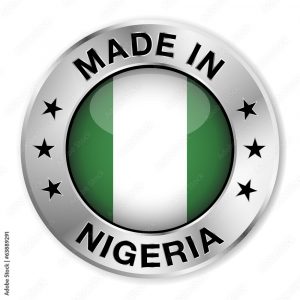 The local Nigerian manufacturing sector has the potential to grow and compete with emerging and advanced economies. The sector is made up of various sub-sectors and industries from automobiles to food, minerals, and plastics.
The local Nigerian manufacturing sector has the potential to grow and compete with emerging and advanced economies. The sector is made up of various sub-sectors and industries from automobiles to food, minerals, and plastics.
However, despite having a market size of about 200 million energetic, educated, and entrepreneurial people, as well as abundant natural resources, the biggest in Africa, the sector is growing tardily instead and is not able to derive the benefits of a large market to Nigerians. As a way of salvaging the present economic situation in the country occasioned by dwindling price of oil, our major export commodity to the global market, it is necessary to encourage the production and consumption of local products. The idea of improving and patronizing made-in-Nigeria goods is to develop the kind of collective commerce pattern that would have a positive threshold on our national development. This is one surest way to fully realize our potential as a nation. It is one possible way out of the economic over-dependency and poverty. It is what Nigerians at all levels should support now.
And we can only achieve this by our commitment to leverage on human and material resources towards the promotion of made-in-Nigeria goods that can compete both local and international markets. This implies that only a robust economic development agenda can encourage the production and sustenance of local goods which can form the base for a sustainable development that would guarantee jobs, and advance the standard of living as well as security of lives and property. There is a need to make attitudinal, structural, and cultural changes that would encourage high patronage of made-in-Nigeria goods.
It is, however, noteworthy that we cannot achieve all of these without new approach toward reviving local industries. This is the time to encourage the development of local industries in the country by way of promoting the patronage of locally made goods and products because too much dependence on foreign-made products is the cause of our unstable economy. To put in place a varied and dependable economy, we must build internal structures that will establish the local industry as an independent commercial hub so that our position will be strengthened in the course of international collaborations and our negotiation powers anchored by a culture of home-grown technical expertise. That was the turning point for the now prosperous nations of the world.
So much benefits abound in supporting and patronizing locally made goods. The consumer seeks value at affordable prices so local manufacturers must also take the issues of product standardization, affordability and perception serious, by considering products packaging, putting local and international quality or price tags to enable consumers maximize utility and promote patronage.
We must encourage local producers to boost domestic and tackle various structural issues limiting the productivity of manufacturers such as the provision of power, good roads, and bridging the infrastructure gaps that will improve the flow and movement of goods and services in the manufacturing value chain. The government still has much to do for us to have particularly a reliable power sector that would drive local industries.
The manufacturing industry is also faced with high cost of production, a tough operating environment, and the whimsical high appetite by Nigerians for foreign-made products, nevertheless, since Made in Nigeria is the only way to shore up the depreciating Nigeria Naira currency, deliberate efforts should be made to enhance the utility value of goods by guaranteeing products and consequent services for specific orientation and cultural needs of the Nigerian people.
To this end, there is a need for a thorough analysis of our importation policy to discourage the importation of items that can be locally manufactured. We can amend the relevant laws. This is achievable through the National Assembly. The government at all levels should implement laws that would ensure that made-in-Nigeria goods and local producers are protected and motivated. In simple terms, the Federal Government should discourage the importation of certain items that the country has the potential to produce locally no matter the cost. Because the long-term gain is incomparable.
In conclusion, to enhance local industrial growth and development, the government must through her financial institutions such as the Bank of Industry, BOI, Nigeria Incentive-Based Risk Sharing System for Agricultural Lending, NIRSAL, Nigerian Sovereign Investment Authority NSIA, intensify efforts in funding local production. Private corporations as well as capable individuals must also give their supports in funding the local industry to turn around the economic fortunes for the country.




